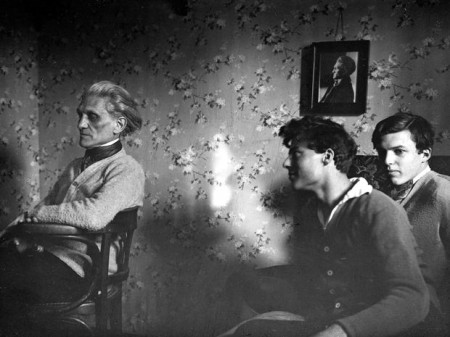Sixty-five years ago, on 20 July 1944, during the darkest days of German history, a few good men brought back a small spark of light to the conscience of a nation torn by war and involved in history’s most unprecedented mass murder. The story is well-known. So is the result: the attempt to remove Hitler from power with the help of his own contingency plan “Valkyrie” tragically failed.
What might not be so well-known is that Count Claus von Stauffenberg, according to Cambridge historian Richard J Evans, “found moral guidance in a complex mixture of Catholic religious precepts, an aristocratic sense of honour, Ancient Greek ethics, and German Romantic poetry. Above all, perhaps, his sense of morality was formed under the influence of the poet Stefan George, whose ambition it was to revive a ‘Secret Germany’ that would sweep away the materialism of the Weimar Republic and restore German life to its true spirituality.”
The key to understanding that “Secret Germany” (as cryptically elaborated in a poem by the same title, which was written around 1910, but hermetically kept from the public until 1928) is the idea that only the poet with his charismatic authority can voice the arcane without revealing it. It is him being the “spiritus rector” who deepens the inner reflections of his disciples, who awakens their intellectual and spiritual sensitivity, so his word is followed by their action.

